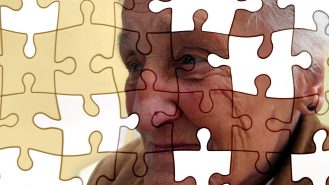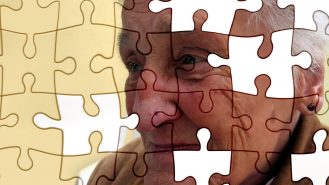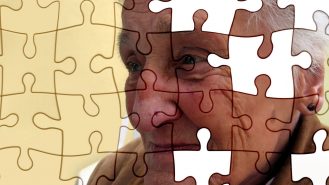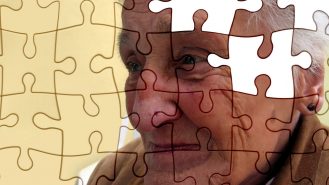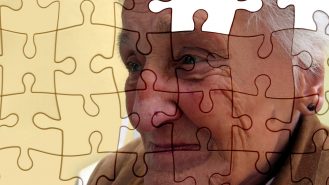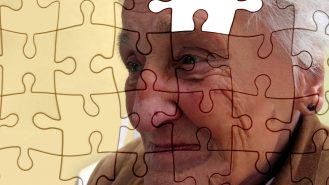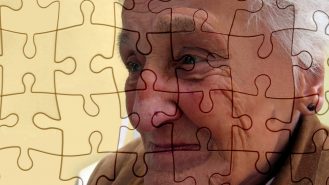Course organiser:Barrie and Caroline Greenwood
Presenter:Various
The music of Mozart, Schubert, Dvořák, and Tchaikovsky are immediately recognizable as part of the core of our 'classical music' heritage – cemented as twentieth century energies of mass marketing and the epic scale of the classical music business model took off. This had a profound effect on the branding of what it is claimed the music seeks to express, and therefore what these composers' contribution to our classical tradition represents.
Given the truly endless number of performances, recordings, and academic (biographical, socio-biographical et al etc) studies these hapless four composers' music and lives have since generated, they can only be described as dizzyingly successful cultural icons – and this talk explores a hint of the dark side to this success.
“The Beethoven cult … whose origins lie early in the nineteenth century but which shows little sign of abating as it enters the new millennium, is a (perhaps the) central pillar in the culture of classical music.” (Nicholas Cook, 1998) Although it sounds extravagant, the musicologist Nicholas Cook’s claim is borne out by the composer’s reputation amongst his contemporaries and successors down to the present day. Why? What has made Beethoven and his music such an ideal for future generations? And will his status survive the present-day relativist turn? Professor Jonathan Le Cocq of the University of Canterbury School of Music offers some suggestions and even better, promises to shut up long enough for you to hear some examples.
Since at least the nineteenth century, there has been an established tradition of transcribing for the flute solo works originally written for other instruments. In part, this is because of the paucity of solo repertoire of significant aesthetic weight from this period for the flute. Notwithstanding this, there have been very few transcriptions of Robert Schumann’s works for the flute.
One reason for this is a belief that the flute of Schumann’s day was unsuited to his musical ideals. However, current research has not adequately considered advances in flute technique that developed as a result of the invention of the modern Boehm flute.
"Someone once said to me that being a composer in New Zealand must be like being a Matador in Finland." Thus says composer, author, conductor, speaker and publisher Dr Philip Norman CNZM who has been entertaining Christchurch audiences for over fifty years.
In this session, Philip looks back on some of the highlights of his career, plays excerpts of some of his best and worst compositions and introduces his latest publication – A Complete Absence of WIT & WISDOM, a selection of his occasional writing from five decades of commenting. Copies will be available for purchase, ($30) as will that of his award-winning biography of New Zealand’s premier composer, Douglas Lilburn.
Dr Sattler is on sabbatical, taking up his (2019) Churchill Fellowship, evaluating best-practice inclusive community music leadership training across the globe.
He returns on the 23rd March. Needless to say, his talk should be extremely interesting.
